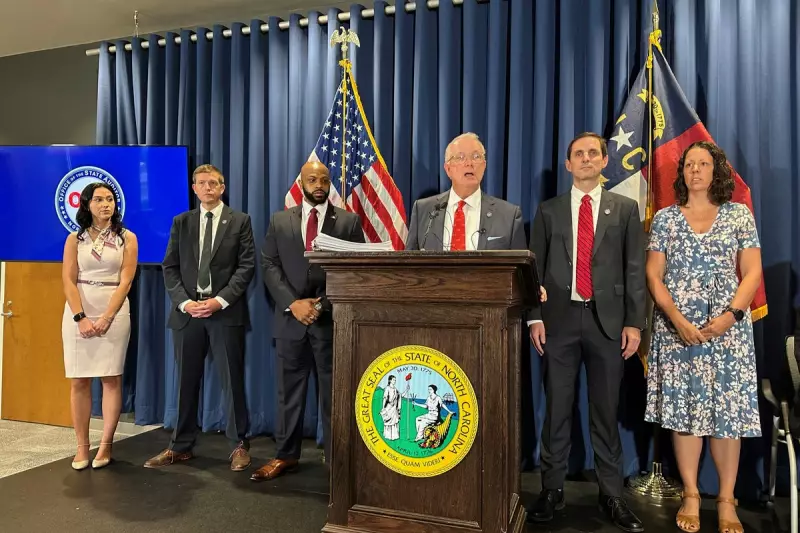
Republican legislators in North Carolina are under fire following accusations of attempting to politicise the state's Department of Transportation (DOT). Critics claim the move is a blatant power grab designed to skew infrastructure funding in favour of GOP-leaning districts.
Controversial Legislative Changes
The proposed changes would grant Republican leaders greater influence over DOT appointments, potentially undermining the department's non-partisan operations. Democrats argue this could lead to biased decision-making in road projects and public transport investments.
Backlash from Opposition
Democratic representatives have condemned the initiative, labelling it as "undemocratic" and warning of long-term consequences for equitable infrastructure development. "This isn't about efficient governance - it's about rigging the system," stated one opposition lawmaker.
Historical Context
North Carolina has witnessed increasing political battles over institutional control in recent years. The current transport department controversy mirrors similar partisan struggles seen in other Republican-led states attempting to consolidate power in traditionally apolitical agencies.
Political analysts suggest these developments reflect broader national trends where state legislatures are testing the boundaries of institutional independence. The outcome could set important precedents for how technical government departments operate amid growing political polarisation.





